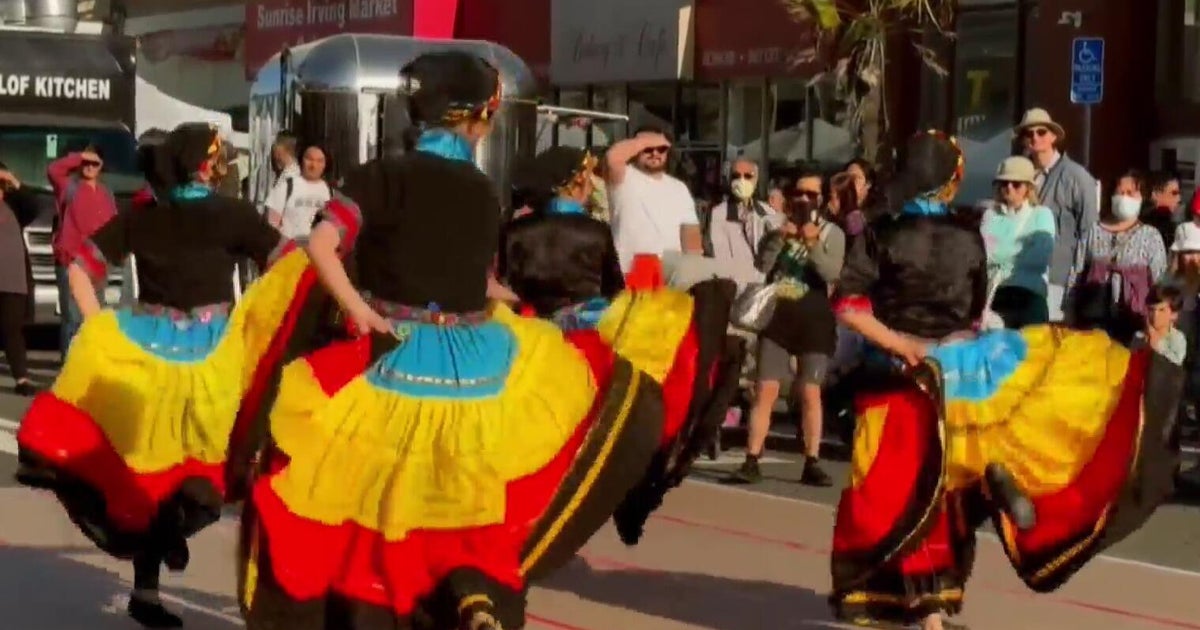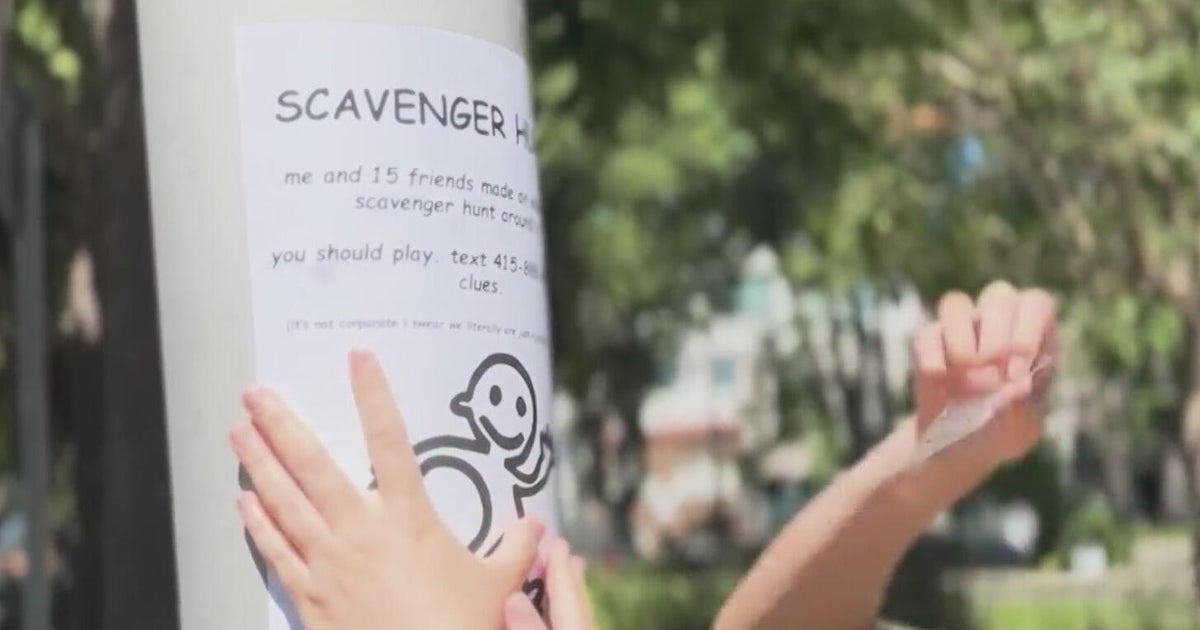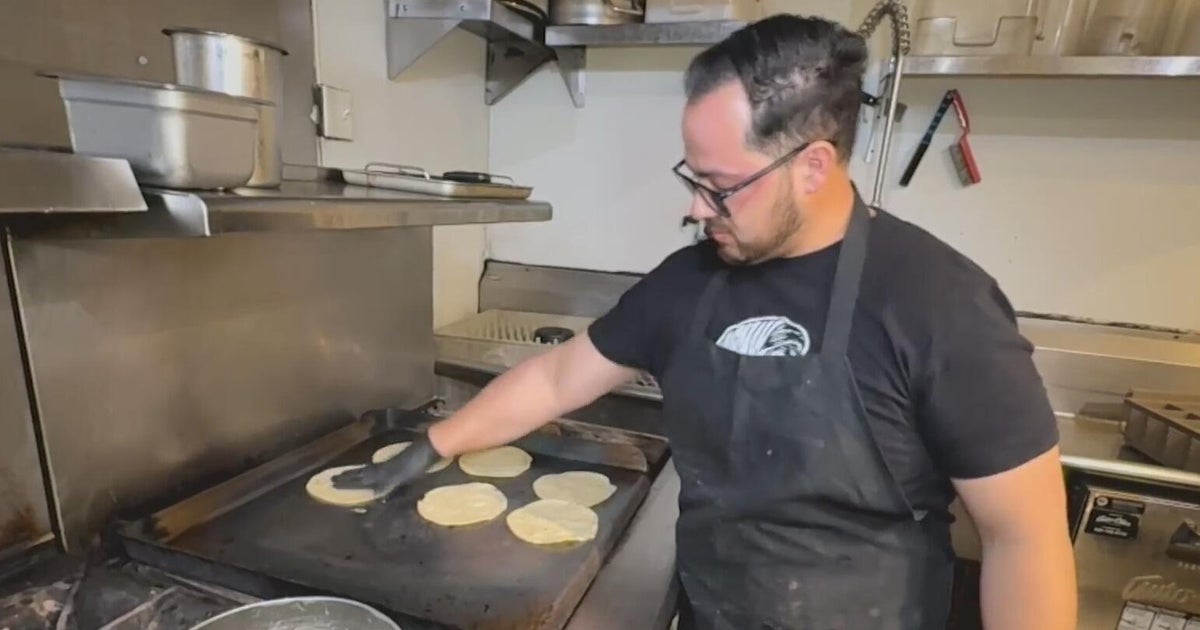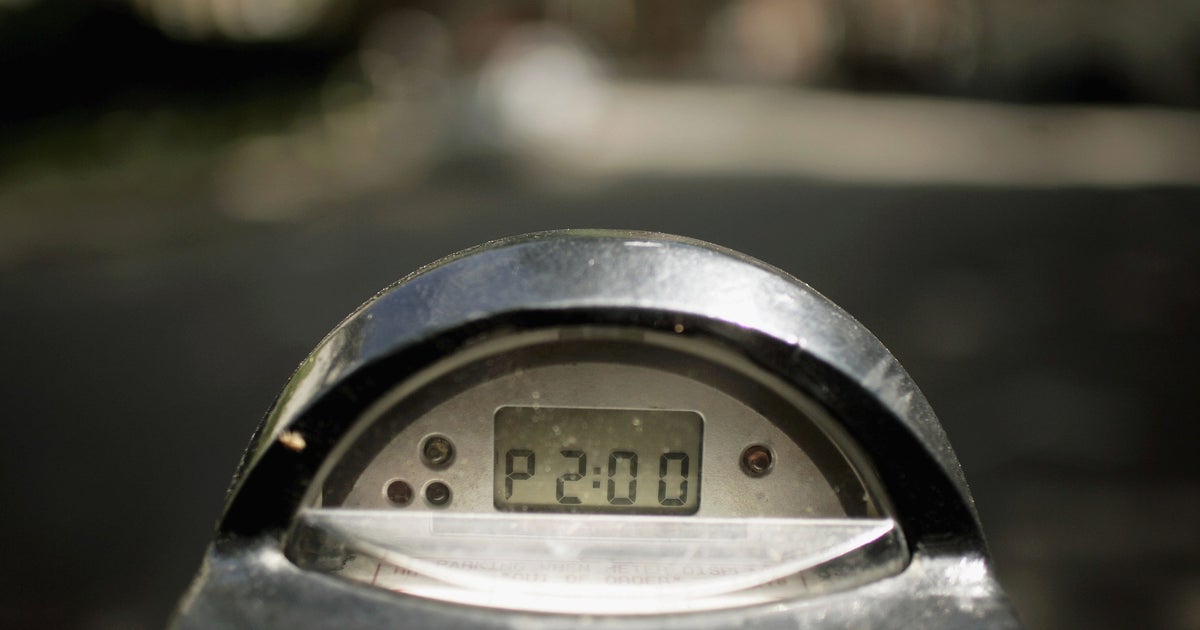Trial Against SFPD Crime Lab Worker Goes To Jury
SAN FRANCISCO (CBS SF) -- A federal jury began deliberating Monday in the case of a former San Francisco police crime laboratory technician whose pilfering of cocaine led to the dismissal of hundreds of drug cases.
Deborah Madden, 62, of San Mateo, is accused in the court of U.S. District Judge Susan Illston in San Francisco of a federal charge of obtaining cocaine from the lab in 2009 by means of misrepresentation, fraud, forgery, deception or subterfuge.
The accusation also contains a lesser charge of simple possession of cocaine.
In closing arguments Monday, Madden's lawyer, Paul DeMeester, conceded that she took small amounts of cocaine and could be found guilty of the lesser charge.
But he maintained there was no proof of the element of deception or subterfuge needed for a conviction on the heavier charge.
"Ms. Madden had access to drugs that were available to her in the laboratory and she simply took them," DeMeester told the jury.
"There's nothing scheming or fraudulent about it. She's just taking what's in front of her when she works," he said.
DeMeester ended by telling the jurors, "The state of the evidence compels a not-guilty verdict on the charged offense, but it also compels a guilty verdict on the lesser charged offense."
The charge of obtaining cocaine through fraud carries a maximum sentence of four years in prison if Madden is convicted. The lesser possession charge has a maximum punishment of one year in prison.
Prosecutors contended Madden engaged in a series of deceptions in order to be able to steal cocaine, including staying late at the lab at night in the fall of 2009 so that she could be alone there.
"That's orchestration of her schedule so that she could be at the crime laboratory when no one else was there so that she could secretly take evidence. That is deception," Assistant U.S. Attorney Natalie Lee said in her closing.
Prosecution proof of the lesser possession charge included evidence of investigators' discovery of 0.09 grams of cocaine in a search of Madden's home on March 3, 2010.
DeMeester admitted to the federal jury, "What was found at her home was sufficient for the possession charge."
In a separate case, Madden was convicted in San Mateo County Superior Court in 2011 of a state charge of possessing that cocaine and was sentenced to undergo drug counseling.
Other proof of possession was in an interview tape played to the federal jury, in which Madden admitted to San Francisco police investigators on Feb. 26, 2010, that she took small amounts of evidence cocaine spilled during weighing on approximately five occasions between October and December 2009.
"You heard her in her own voice admit that she took cocaine from the crime lab for her own personal use," Lee told the jury.
Questions about the integrity of cocaine evidence handled by Madden contributed to the Police Department's decision to close the lab's narcotics analysis unit in 2010 and the San Francisco district attorney's dismissal of hundreds of criminal cases.
Madden, a 29-year civilian employee, went on leave from the lab and entered an alcohol and drug rehabilitation program in December 2009 and retired permanently in March 2010.
She told investigators in the 2010 interview that she began using cocaine in an effort to control an alcoholism problem.
DeMeester told the jury Madden began working extra and later hours in the fall of 2009 because she was working more and more slowly as she "completely spiraled downward and then out the door" as a result of her alcoholism.
That explanation of her late hours is "a reasonable interpretation" that would justify a reasonable doubt as to whether deception was proved, DeMeester contended.
In a prosecution rebuttal, Assistant U.S. Attorney Andrew Caputo argued, "The scheme demanded secrecy and misrepresentation. The only way you can commit that crime a little bit at a time is to engage in deception and misrepresentation."
Prosecutors at the trial presented evidence that analysts at the California Department of Justice reweighed 200 evidence envelopes prepared at the drug unit in 2009 and found that eight appeared to be missing cocaine.
Two each showed a loss of about 3 grams of cocaine since their initial weighing at the lab and the others each lacked less than a gram.
Prosecution evidence at the trial took two and one-half days and the defense presented no witnesses.
The jury recessed for the day around 3:30 p.m. Monday and will resume deliberations Tuesday morning.
The federal cocaine-fraud law is sometimes used to prosecute doctors and pharmacists who falsify records to obtain prescription drugs for their own use or for friends, DeMeester told the jury.
U.S. prosecutors stepped in and obtained a grand jury indictment on the federal charge in 2011 after the California Attorney General's Office announced it would not file state charges in the San Francisco case because of insufficient evidence.
(Copyright 2012 by CBS San Francisco and Bay City News Service. All rights reserved. This material may not be published, broadcast, rewritten or redistributed.)



